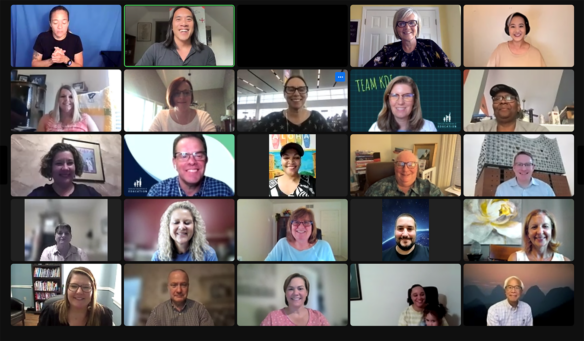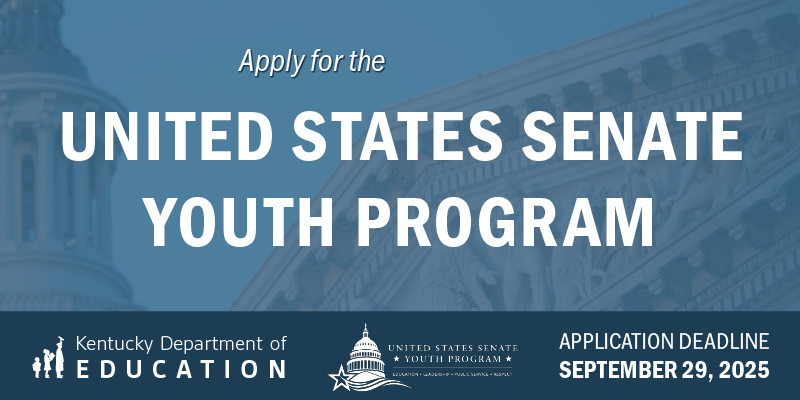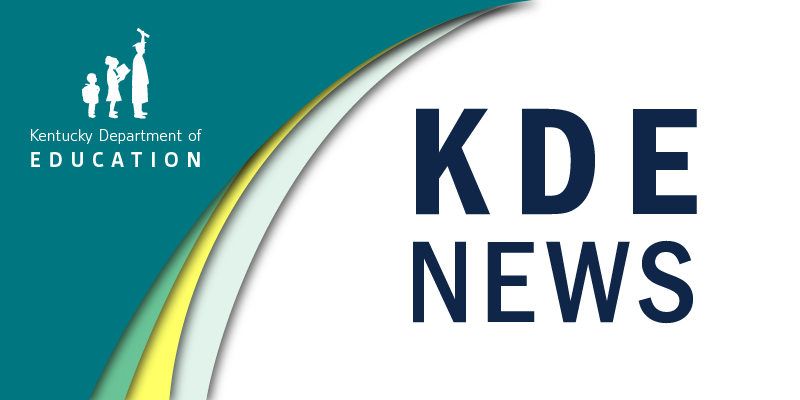
The Kentucky Coalition for Advancing Education met virtually for the final time on June 23. The ideas generated through the coalition will continue in the Kentucky United We Learn Council.
The Kentucky Coalition for Advancing Education (KCAE) met virtually for the last time on June 23 to celebrate the accomplishments of the team, the cohorts and the Local Laboratories of Learning (L3s). The group discussed how the ideas generated through the coalition will continue in a forthcoming group, the Kentucky United We Learn Council (KUWL).
Created last year, the coalition brought together families, community members, teachers, students, and other diverse perspectives from across the Commonwealth to co-create a vision, foster local innovations, and advance policy recommendations to shape the future of education in Kentucky.
The coalition took information gained from multiple town halls last year to understand what Kentuckians want from their education system, which helped form the United We Learn vision for the future of education in the Commonwealth. This vision builds around three central themes: creating a more vibrant experience for every student, encouraging innovation in our schools – especially when it comes to assessment, and creating a bold new future for Kentucky’s schools through collaboration with our communities.
“The efforts that you all put in, and the vision you all put forward is making a real difference,” said Commissioner of Education Jason E. Glass.
Glass said the work to change student experiences in the classroom is already underway, including a partnership with PBLWorks that will train one-third of the teachers in the state in project and problem-based learning. The Kentucky Department of Education also is investing $21 million in Elementary and Secondary School Emergency Relief funds in the regional education cooperatives and districts for deeper learning initiatives
Doannie Tran, a partner at the Center for Innovation in Education, shared how the work established by the coalition would continue through the KUWL Council, which will meet “twice a year, bringing its members together from across the Commonwealth of Kentucky to engage in conversation and deliberation about the work that is embedded in the United We Learn report.”
KUWL will have three standing committees: Creating Vibrant Learning Experiences, Accelerating Innovation, and Building a Bold New Future with Communities. The council will meet for the first time in late fall.
KCAE members had a chance to share achievements they were proud of from the past year, many recognizing the group’s efforts toward diversity and inclusion.
Lu S. Young, chair of the Kentucky Board of Education, said she was “proud of the commissioner’s commitment to engage a diverse set of committed stakeholders to envision a bold new future of teaching and learning for all Kentucky kids.”
Noraa Ransey, a National Board Certified teacher from Calloway County, said that she celebrates “diversity and equity becoming a priority statewide” and “seeing resolutions and statements being created in schools, professional organizations and other groups committed to keeping all kids a priority.”
Penny Christian, a 16th District PTA member in Fayette County, said she was impressed with the coalition’s dedication to inclusion.
“Parents are brought to the table in this space in a way that I’ve never seen,” she said. “I don’t know how many times this year (I’ve heard), ‘Will you be the parent rep. for this?’ which means you’re checking a box for the female, the parent, the Black person. It never felt like that here.”
Susan Dugle, chief academic officer from Shelby County Public Schools, closed the meeting by inviting members to share what their hopes are for the future of the work they have done. Brenda Martin, a parent from Greenup County, was excited to “create an atmosphere of growth for our children” and looks forward to a time when students are not intimidated by the staff, principals, or teachers.
“I want to hear that they felt that their voices were heard. I want to hear that they weren’t intimidated or bullied and that they felt comfortable to learn,” she said.




Leave A Comment